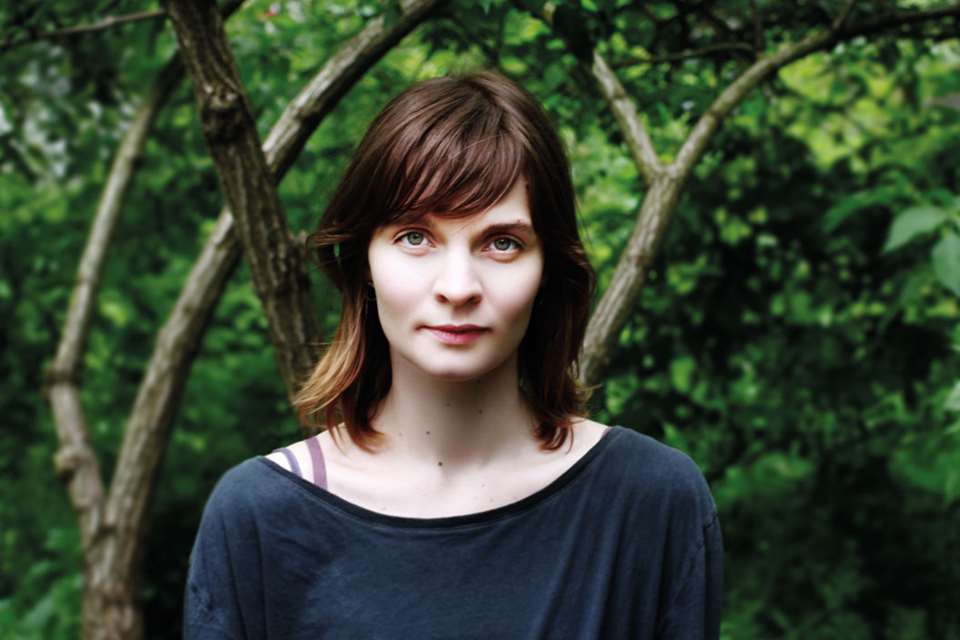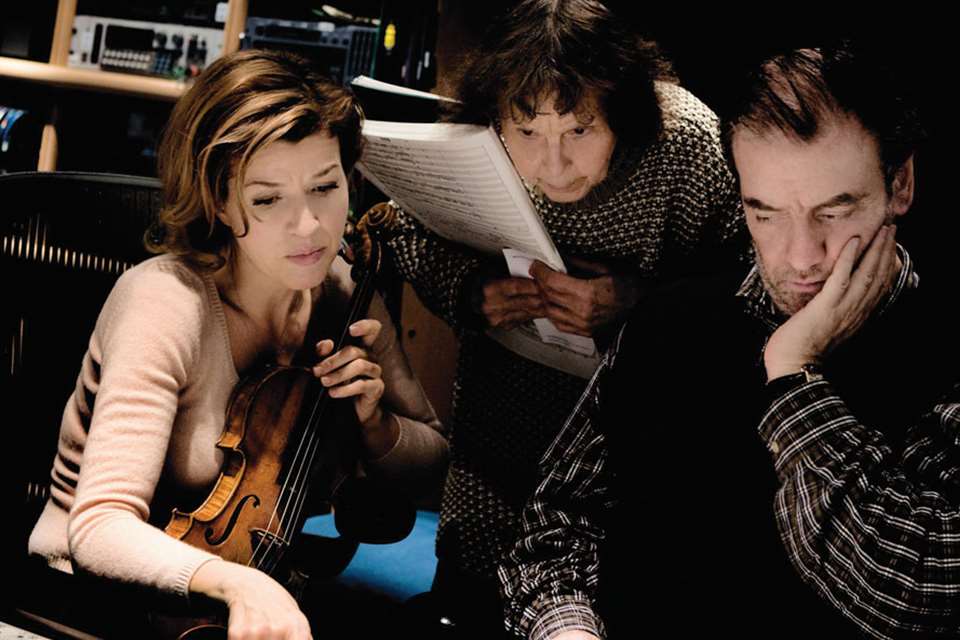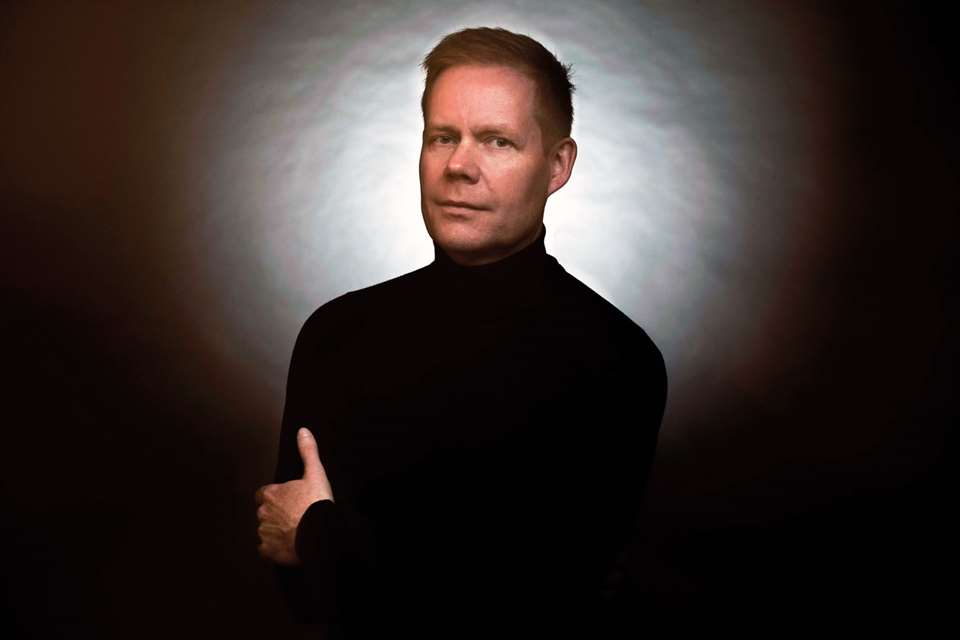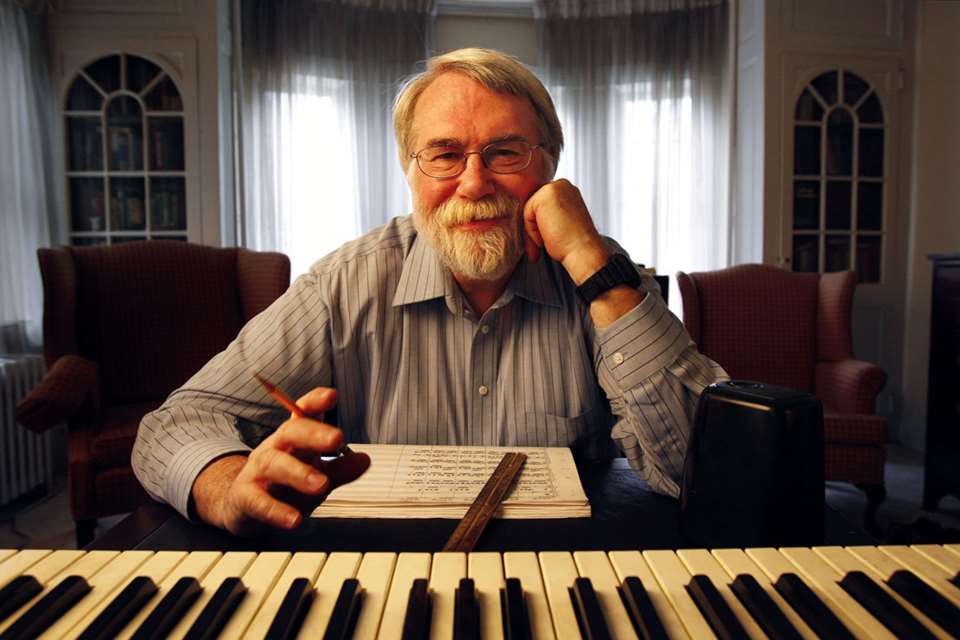Contemporary Composer: Errollyn Wallen
Pwyll ap Siôn
Monday, January 18, 2021
Pwyll ap Siôn profiles the British-Caribbean composer who’s a true force to be reckoned with and has found her own path in music
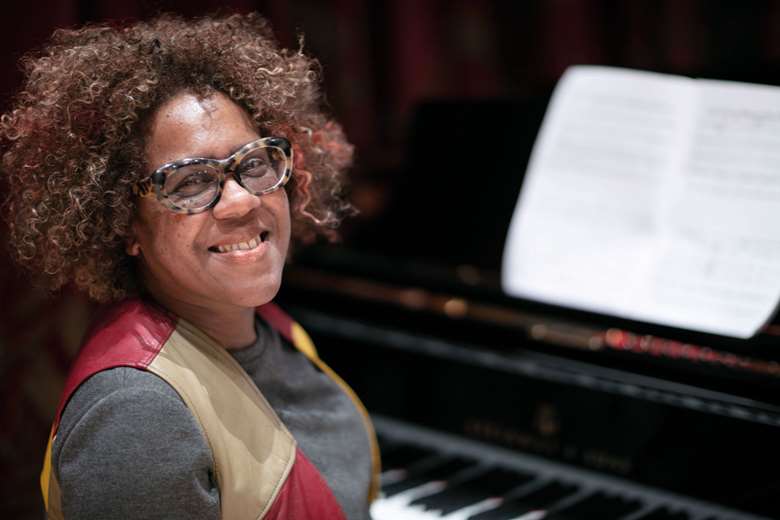
Register now to continue reading
Thanks for exploring the Gramophone website. Sign up for a free account today to enjoy the following benefits:
- Free access to 3 subscriber-only articles per month
- Unlimited access to our news, podcasts and awards pages
- Free weekly email newsletter




